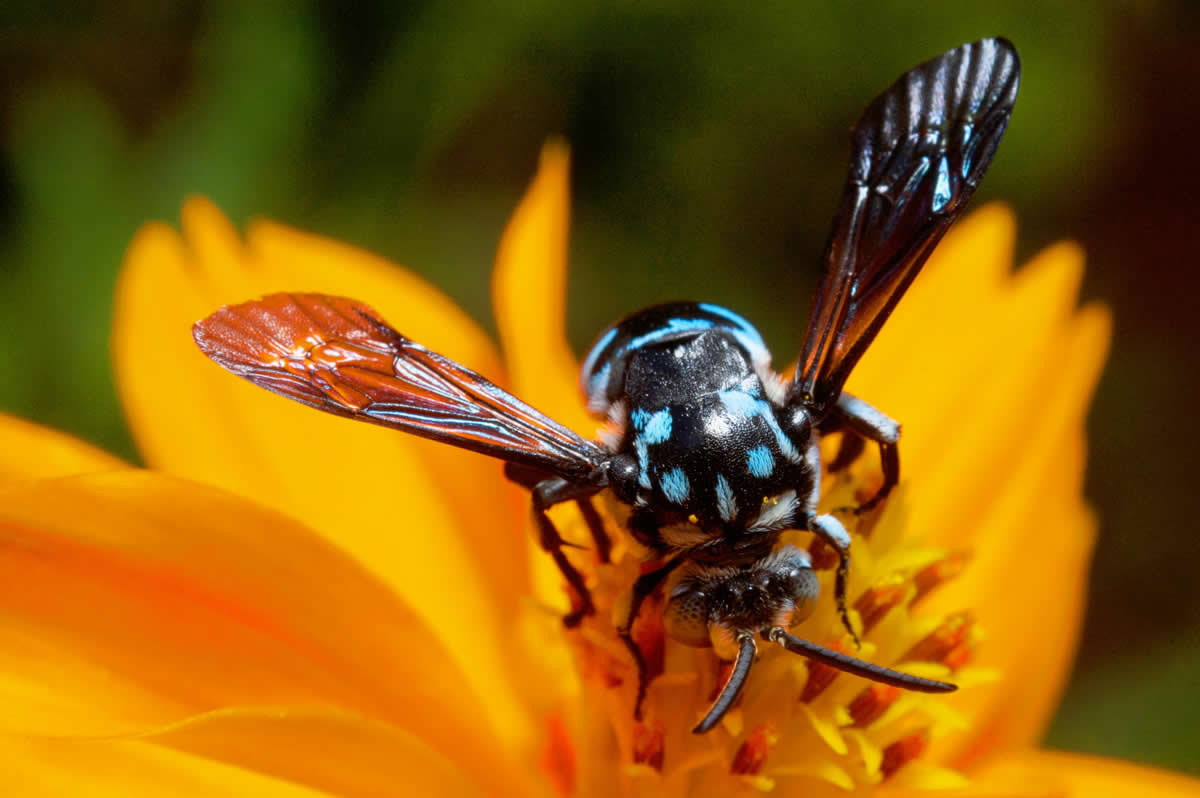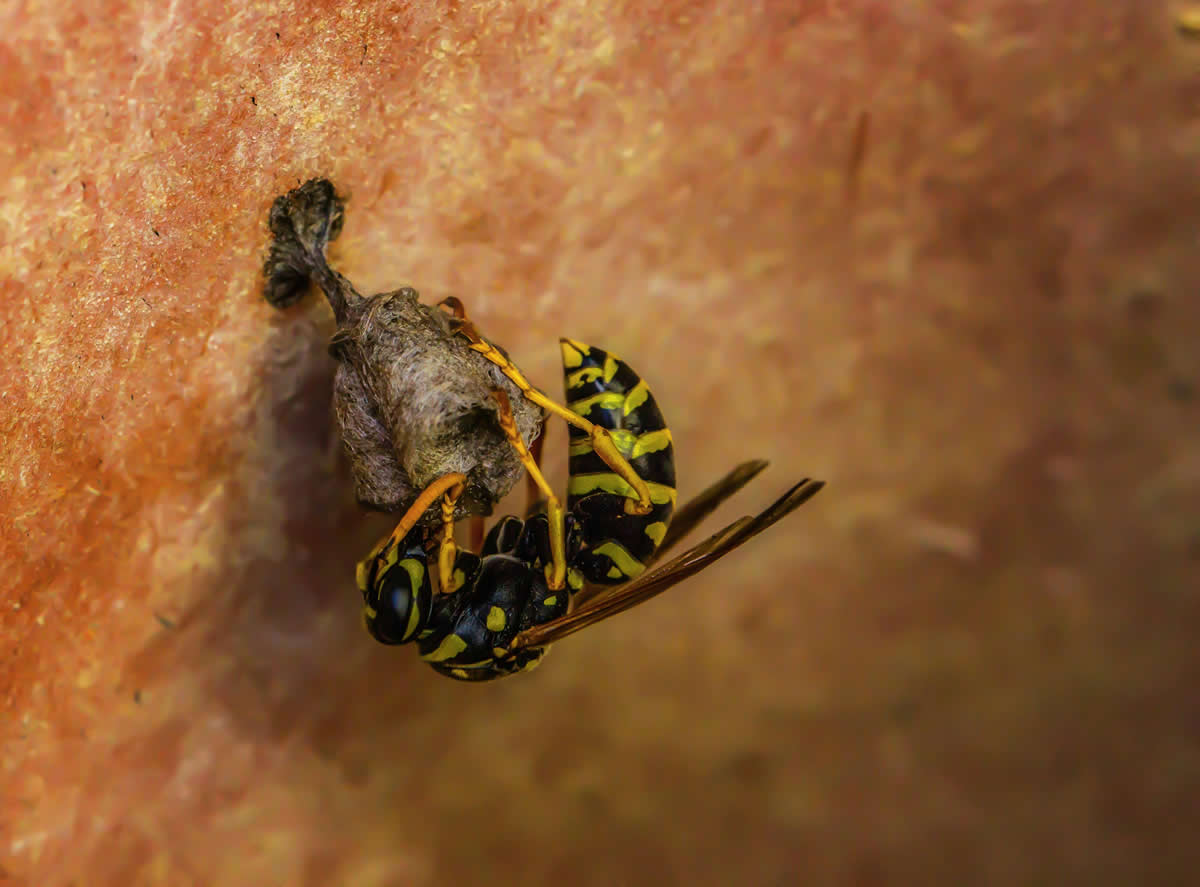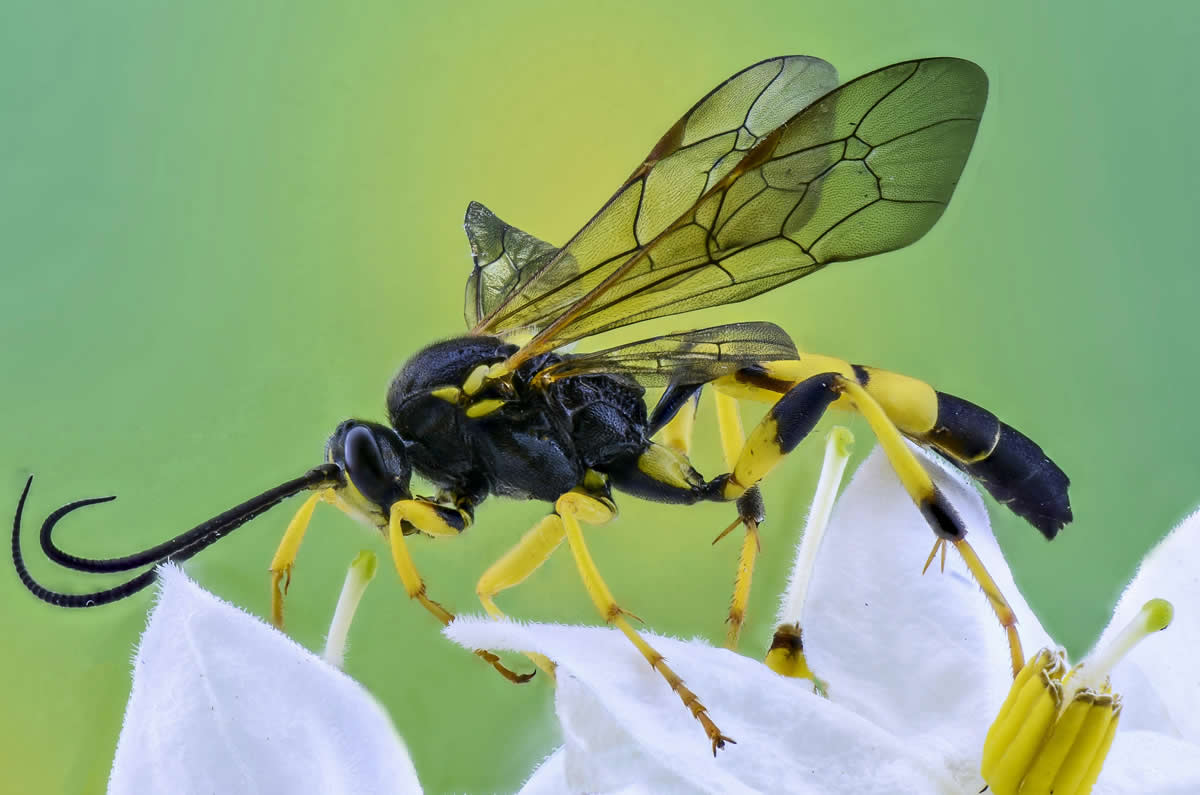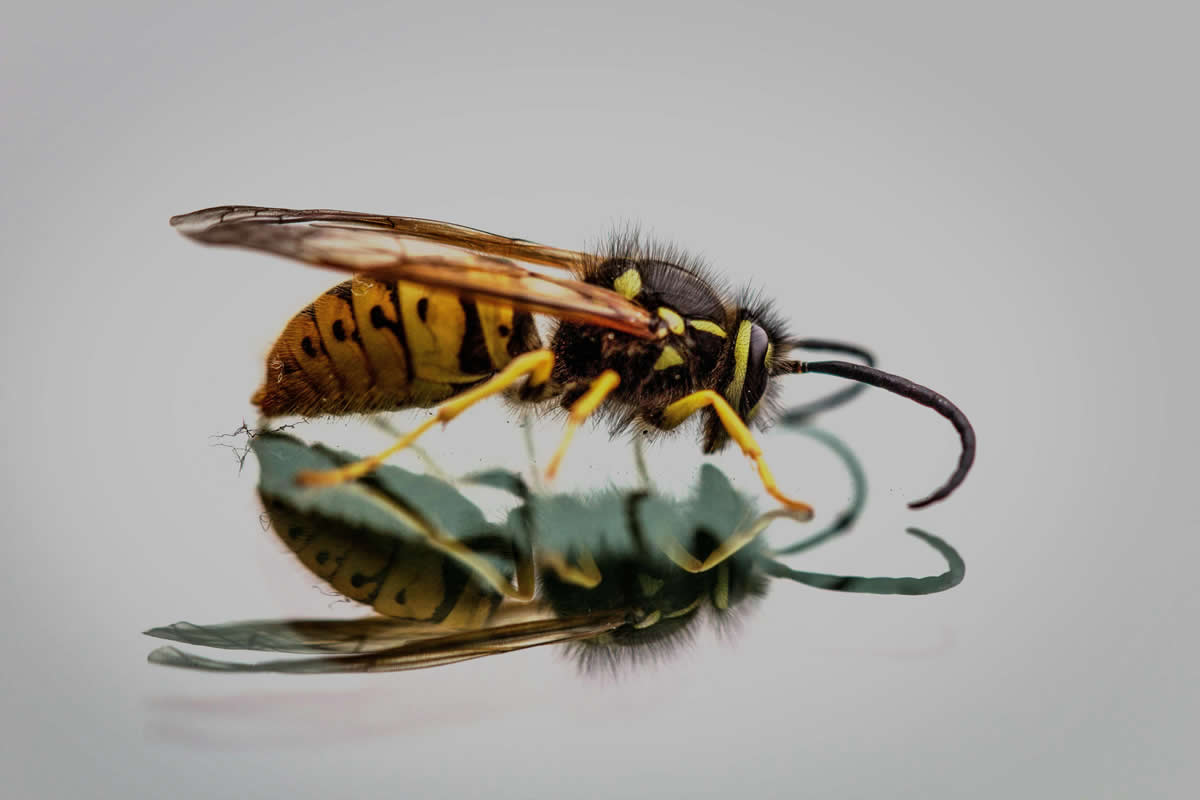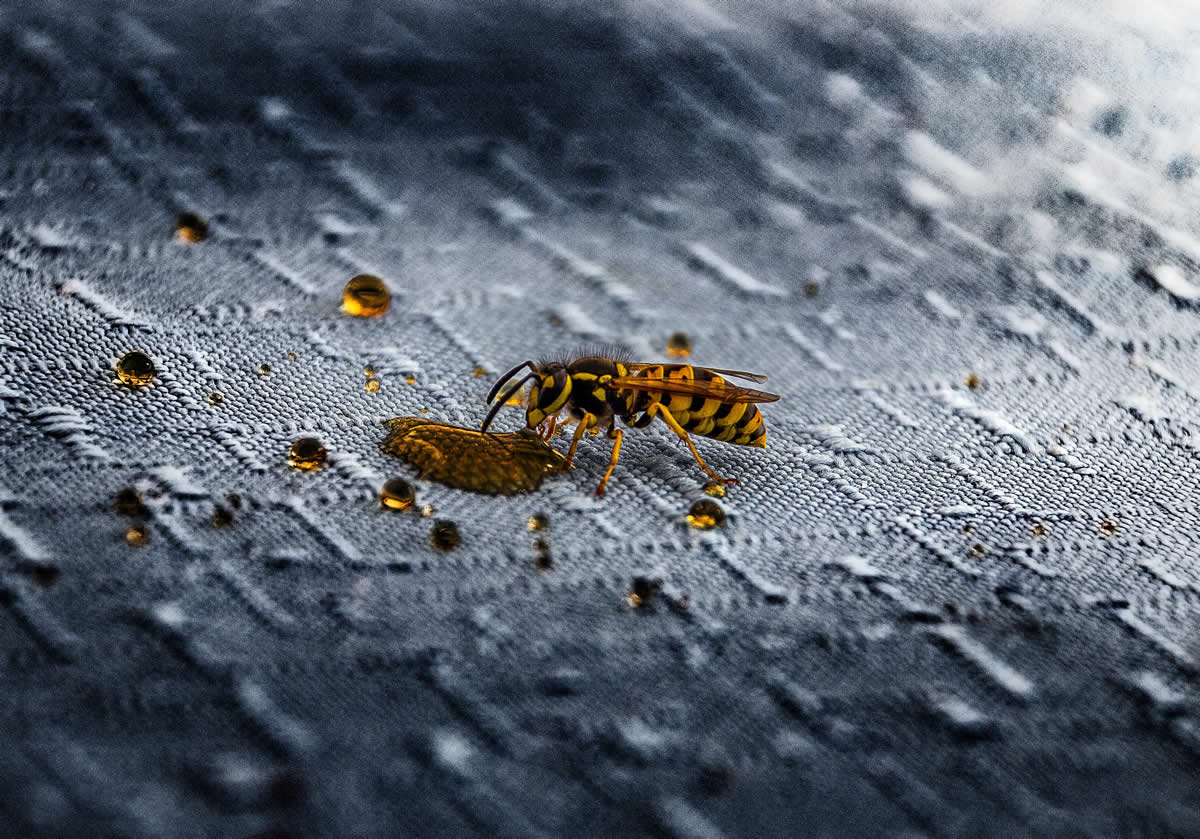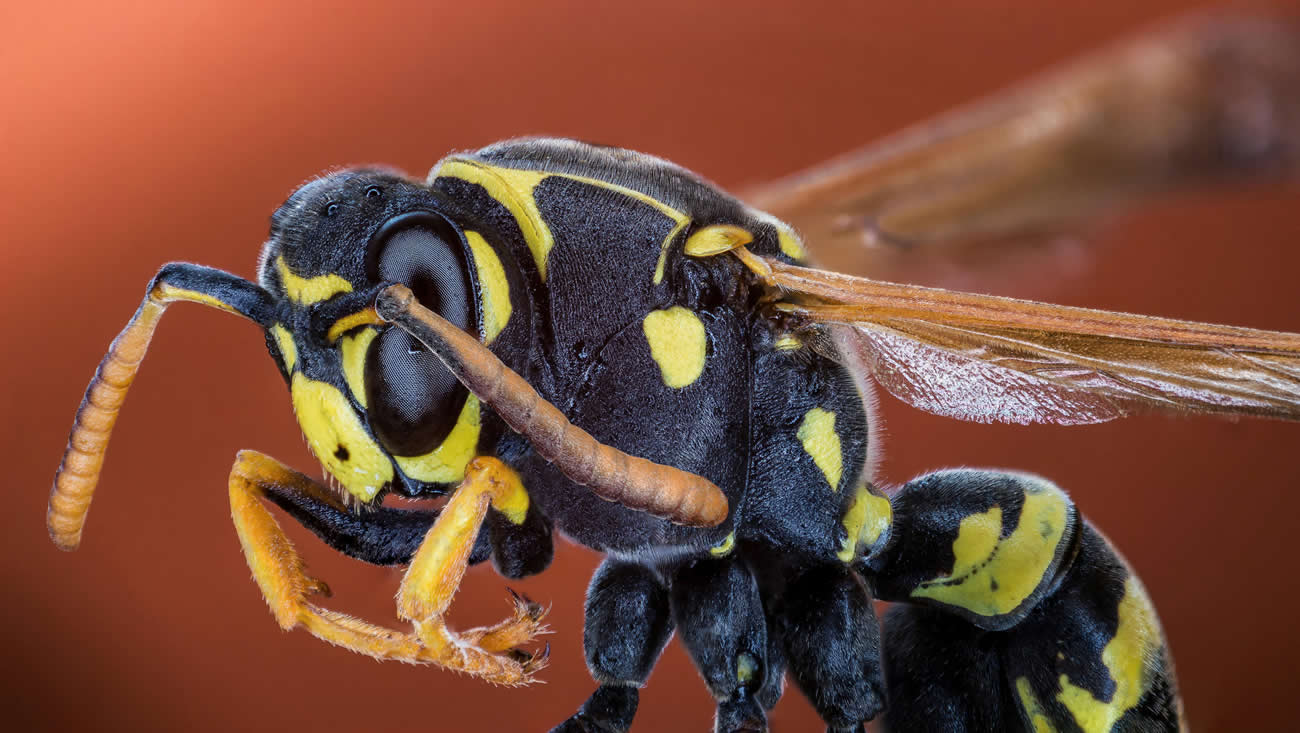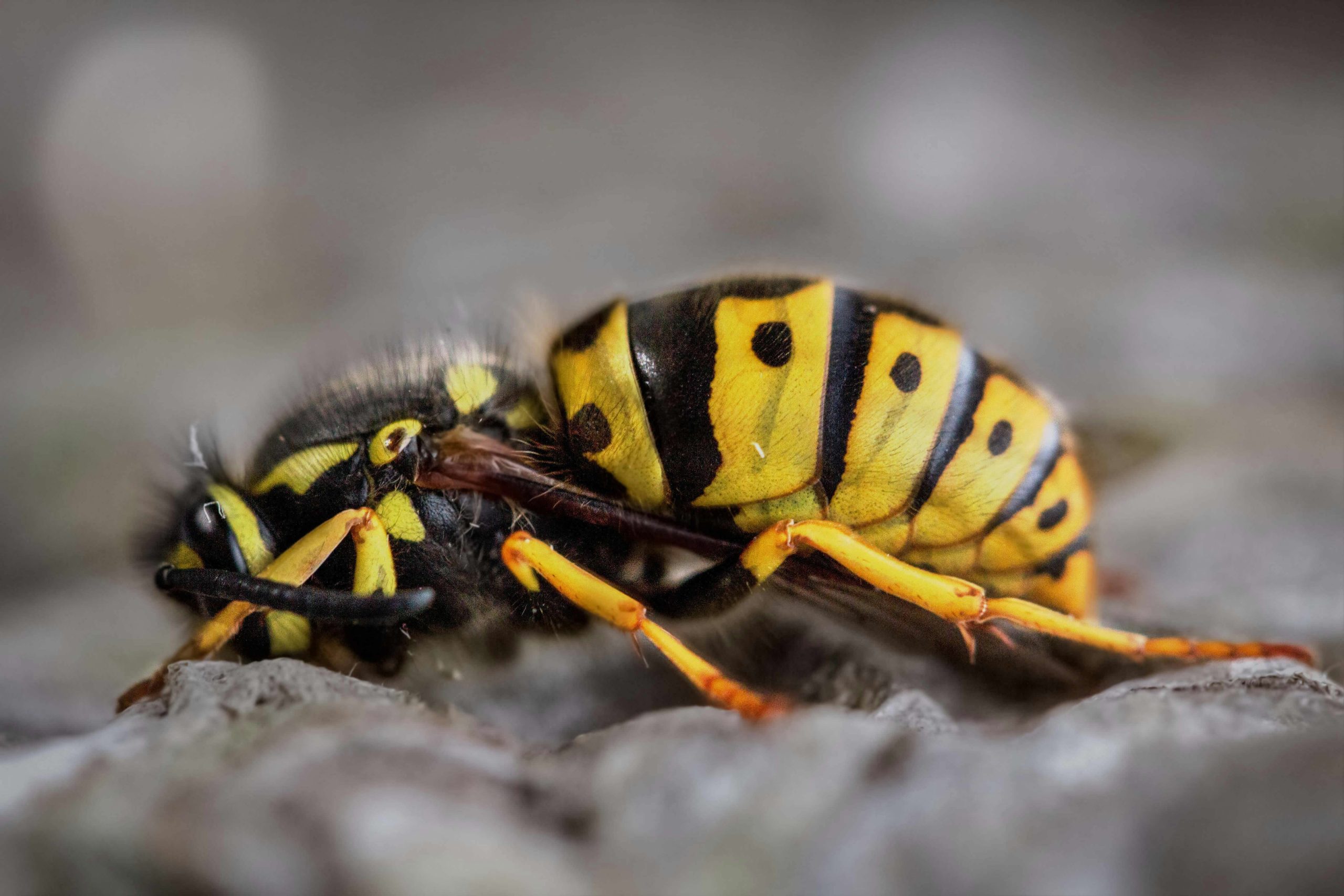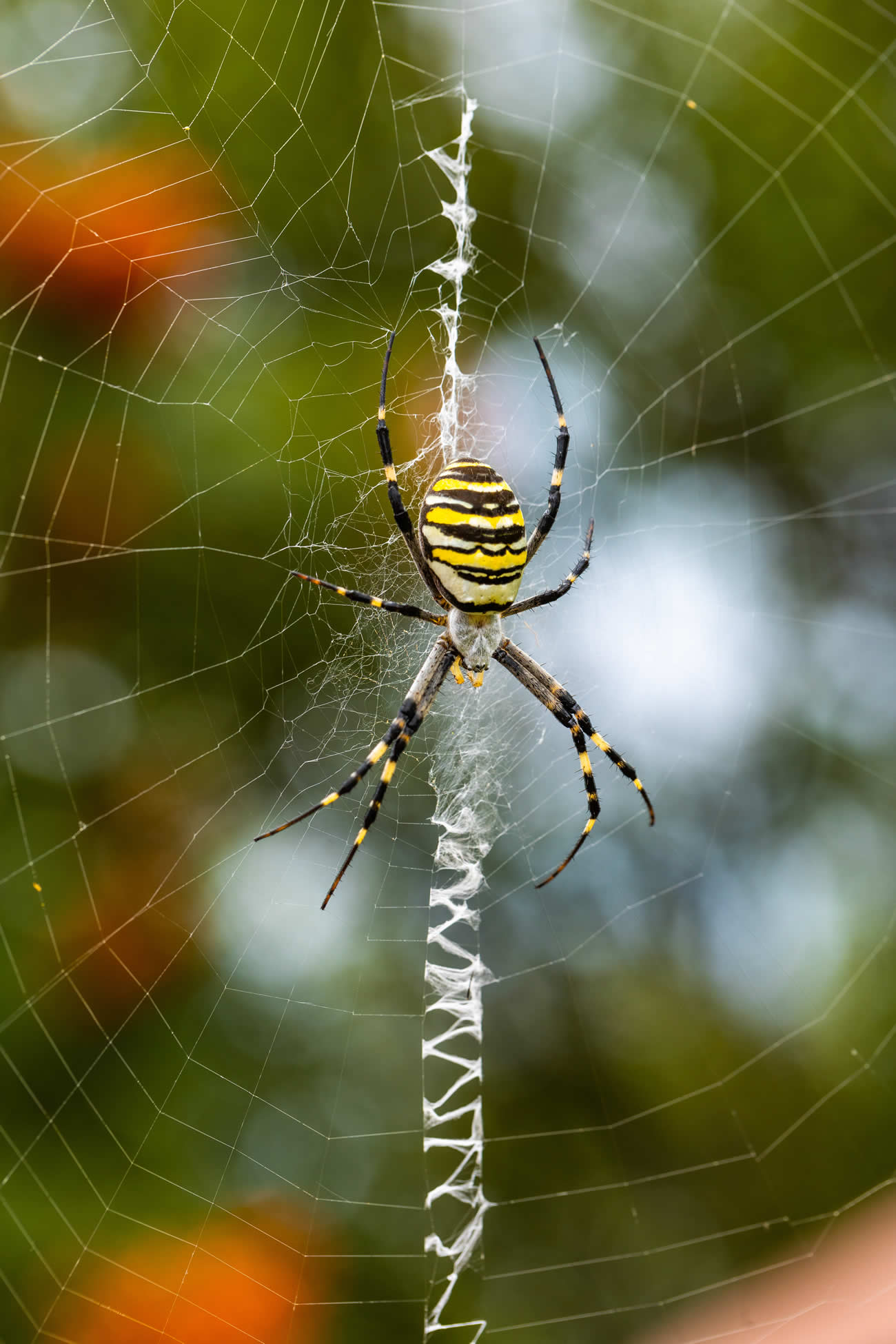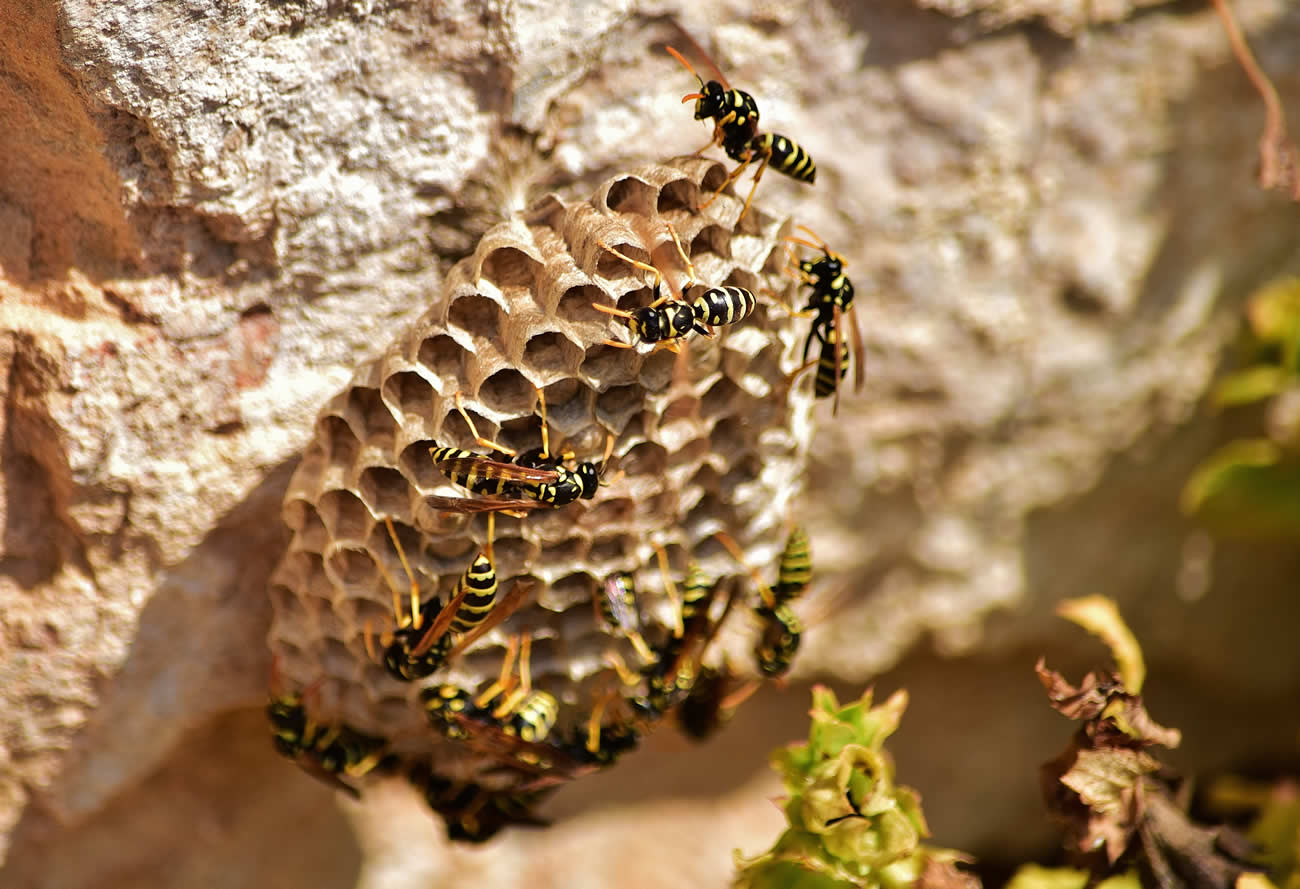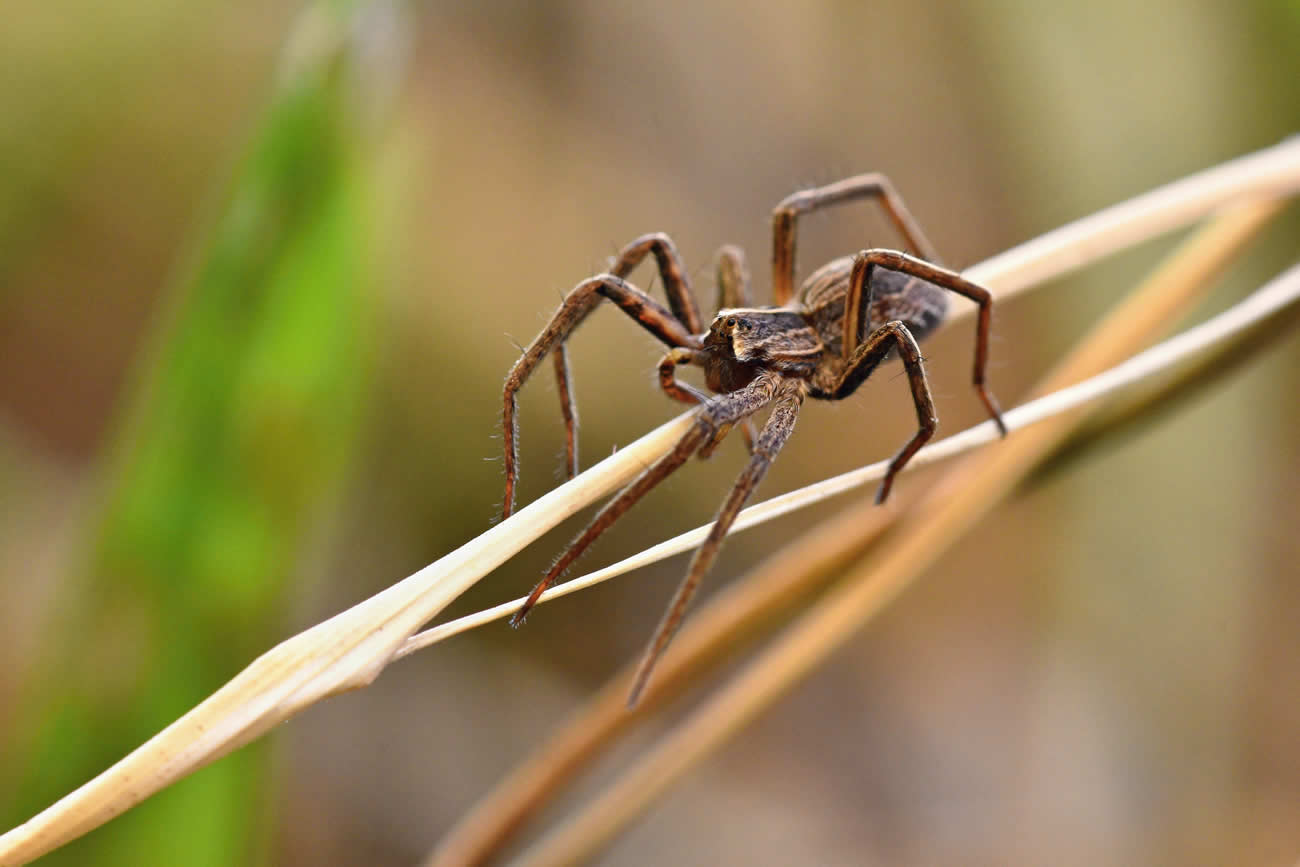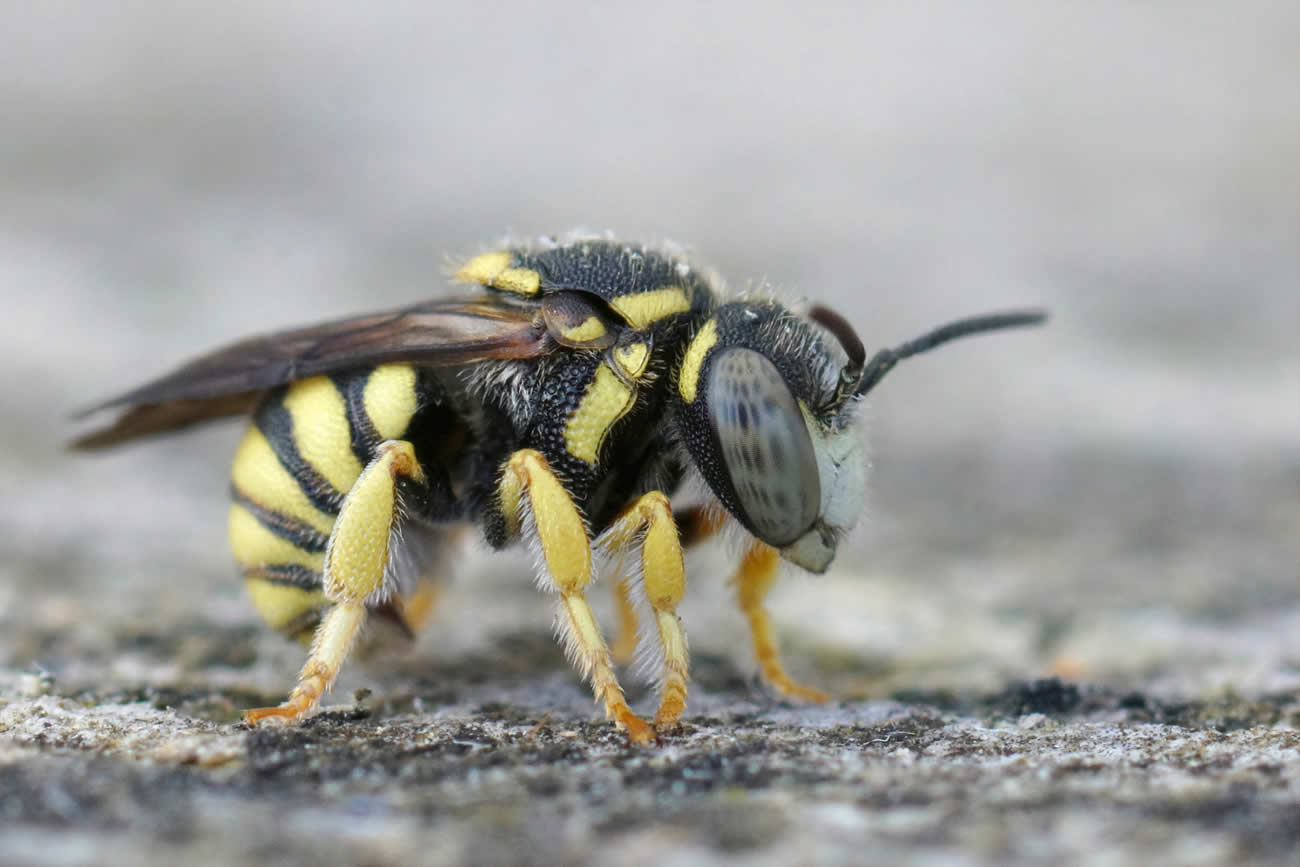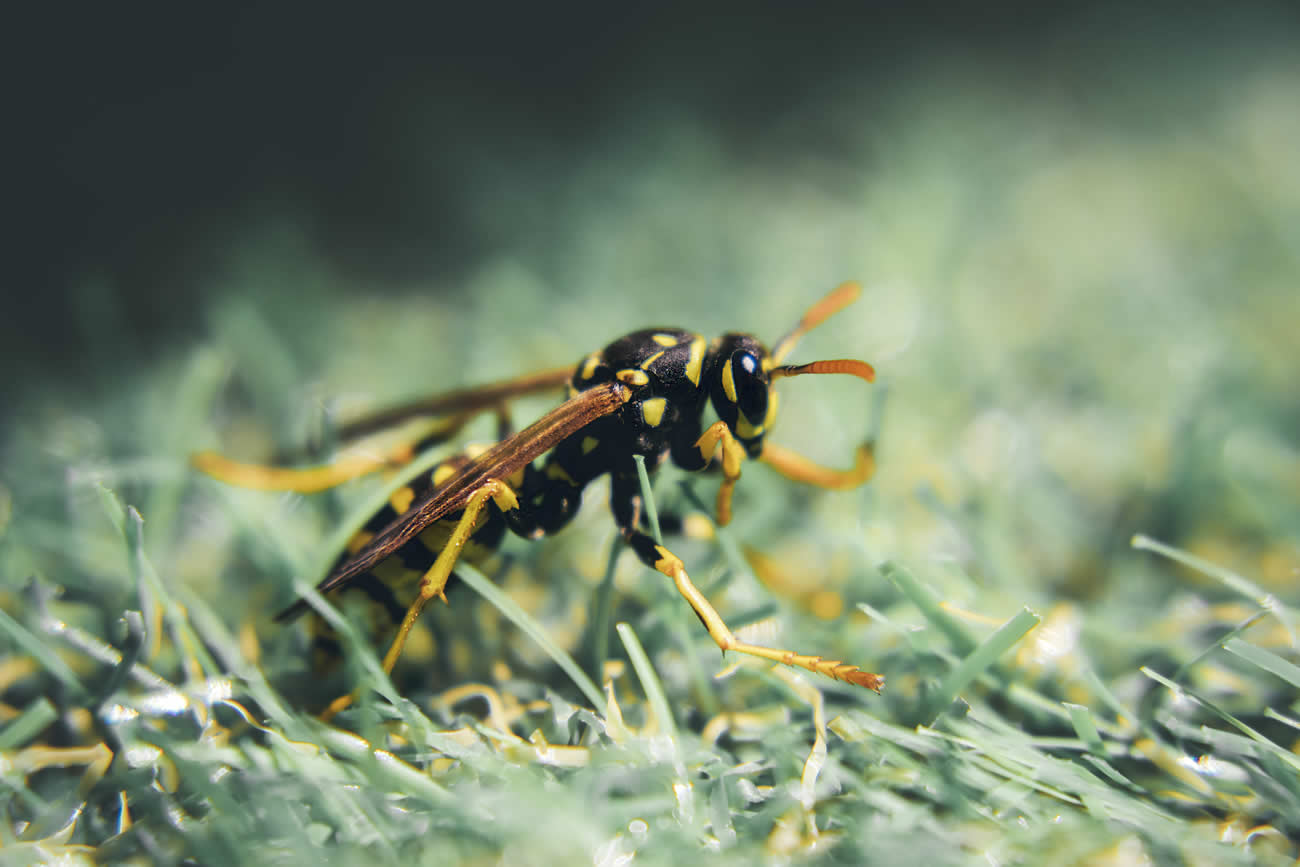Wasps can be a nuisance, especially during the warmer months when outdoor activities peak. While they play a vital role in our ecosystem, their presence can be unsettling. If you’re looking for a natural way to keep these pesky insects at bay, essential oils might just be your best bet. Let’s explore how these oils work, the most effective types, and how to use them safely and efficiently.
Table of Contents
ToggleUnderstanding Wasps and Their Behaviour
The Role of Wasps in Nature
Before we dive into deterrents, it’s essential to understand that wasps are not just pests; they play a crucial role in the environment. They are natural predators, helping to control populations of other insects, such as aphids and caterpillars. Additionally, many species contribute to pollination, making them beneficial to our gardens and ecosystems.
When Are Wasps Most Active?
Wasps are particularly active in late summer and early autumn. During this time, their colonies have grown, and they are on the lookout for food sources. Understanding their behaviour can help you take proactive measures to deter them before they become a problem.
Why Use Essential Oils?
The Natural Repellent Properties
Essential oils are concentrated plant extracts that carry the natural scent and properties of the plants they come from. Many essential oils have been found to possess insect-repelling qualities. The strong scents of these oils can overwhelm the sensory receptors of wasps, making them less likely to approach treated areas.
Safety and Eco-Friendliness
Using essential oils as a deterrent is not only effective but also environmentally friendly. Unlike chemical insecticides, essential oils are generally safer for humans, pets, and beneficial insects when used correctly.
Effective Essential Oils for Deterring Wasps
1. Peppermint Oil
Why It Works: Peppermint oil is known for its strong, refreshing scent, which is unpleasant to wasps. The menthol compounds in peppermint can deter them effectively.
How to Use: Mix a few drops of peppermint oil with water in a spray bottle and spray around areas where wasps are likely to gather, such as patios or decks.
2. Lemongrass Oil
Why It Works: The citrusy scent of lemongrass is another fragrance that wasps tend to avoid. Its refreshing aroma also makes it pleasant for humans.
How to Use: Similar to peppermint, you can create a spray by mixing lemongrass oil with water. Apply it to outdoor furniture and areas where you notice wasp activity.
3. Lavender Oil
Why It Works: While bees are attracted to lavender, wasps find its scent repellent. This makes lavender oil a dual-purpose option for gardeners.
How to Use: Diffuse lavender oil in your outdoor spaces or mix it with water for a spray. You can also plant lavender around your garden to help keep wasps away.
4. Eucalyptus Oil
Why It Works: Eucalyptus oil has a strong aroma that can repel various insects, including wasps. The scent can confuse their sensory systems.
How to Use: Dilute eucalyptus oil and water to create a spray solution. Spray it around outdoor areas, especially near food sources.
5. Citronella Oil
Why It Works: Known primarily for its use in candles, citronella oil is effective in repelling many insects, including wasps.
How to Use: You can use citronella oil in a diffuser or mix it with water for a spray. It’s also effective when burned in candles during outdoor gatherings.
How to Prepare and Use Essential Oil Sprays
Creating Your Wasp Deterrent Spray
- Gather Your Ingredients: You will need essential oils (like peppermint, lemongrass, or eucalyptus), water, and a spray bottle.
- Mix the Ingredients: Combine 10-15 drops of your chosen essential oil with approximately 100ml of water in the spray bottle.
- Shake Well: Before each use, shake the bottle to ensure the oil is well mixed with the water.
- Application: Spray around areas where wasps are likely to nest or gather, such as under eaves, around doorways, and near outdoor seating areas.
Safety Precautions
- Patch Test: Before applying any essential oil directly to surfaces, do a patch test to ensure it doesn’t damage the material.
- Dilution is Key: Always dilute essential oils before applying them to prevent skin irritation.
- Keep Away from Pets: While essential oils are natural, they can still be harmful to pets if ingested or applied directly to their skin.
Additional Tips for Wasp Prevention
Cleanliness is Crucial
Wasps are attracted to food sources, so maintaining a clean outdoor space can significantly reduce their presence. Ensure that food and drinks are covered, and clean up spills promptly.
Avoid Bright Colours and Floral Patterns
Interestingly, wasps are attracted to bright colours and floral patterns. If you’re spending time outdoors, consider wearing neutral colours to help reduce the likelihood of attracting them.
Set Up Traps
In addition to using essential oils, setting up traps can help control wasp populations. You can create a simple trap using a plastic bottle filled with sugar water or fruit juice. The sweet scent will attract wasps, while the design prevents them from escaping.
Our Final Say!
Using essential oils to deter wasps is a natural and effective method to keep these insects at bay. By understanding their behaviour and employing the right scents, you can enjoy your outdoor spaces without the worry of unwanted guests. Remember to combine these methods with cleanliness and preventative measures for the best results.
With a little effort, you can create a wasp-free environment that allows you to relax and enjoy your time outdoors. So, gather your essential oils and take control of your outdoor space!

